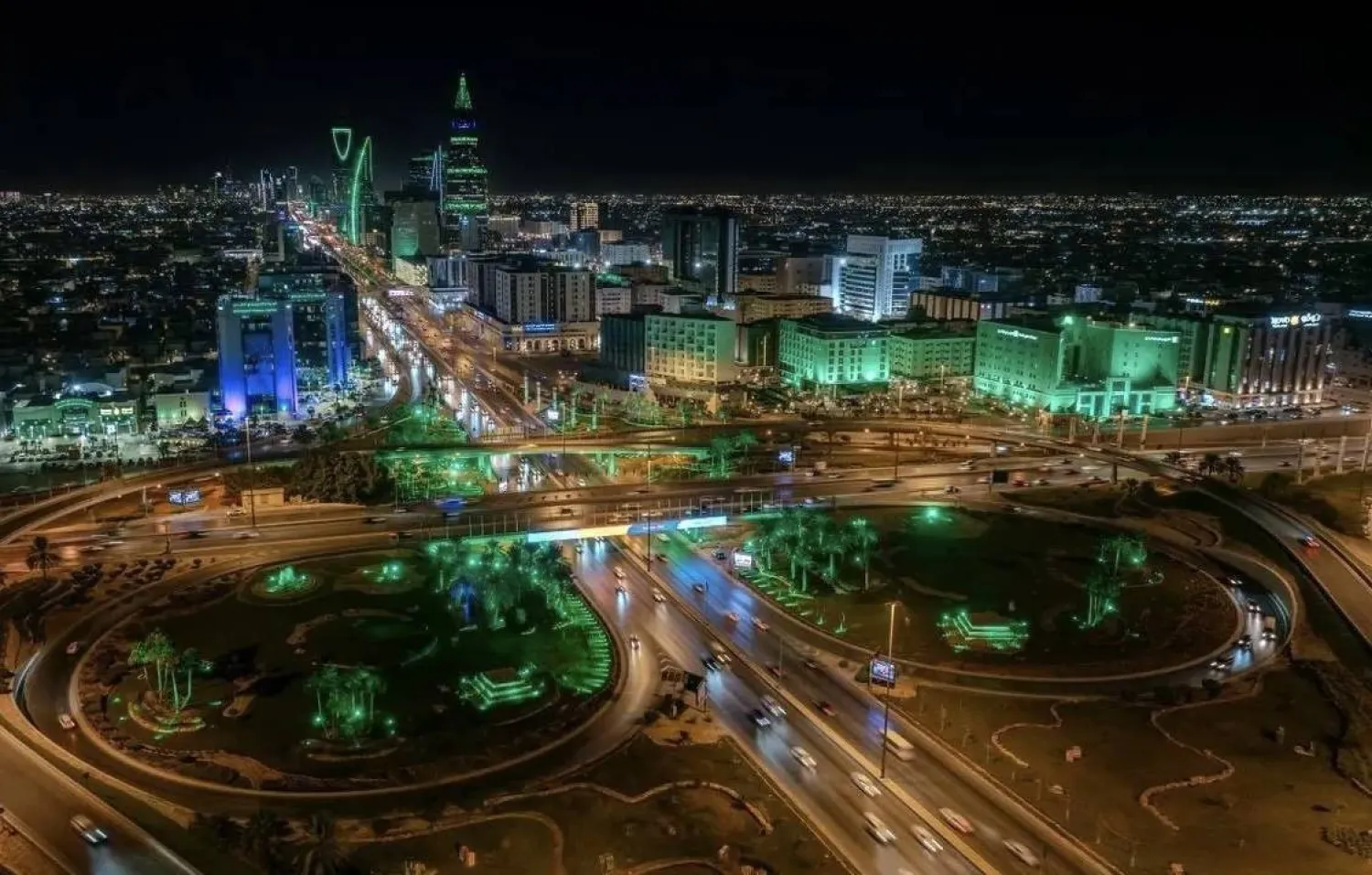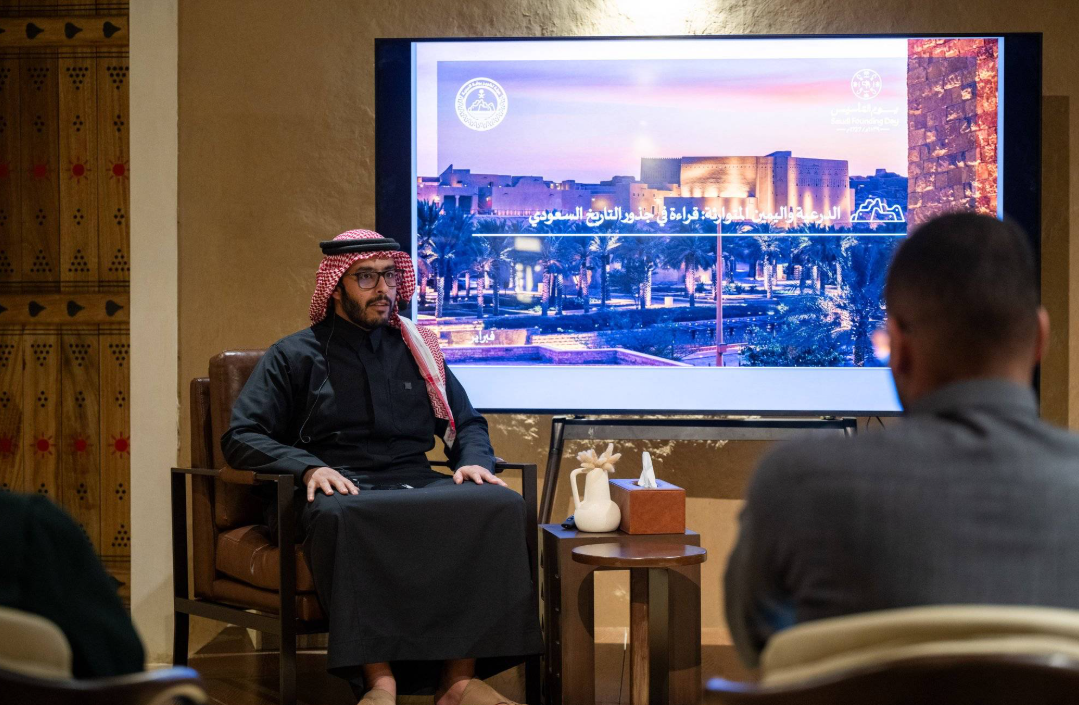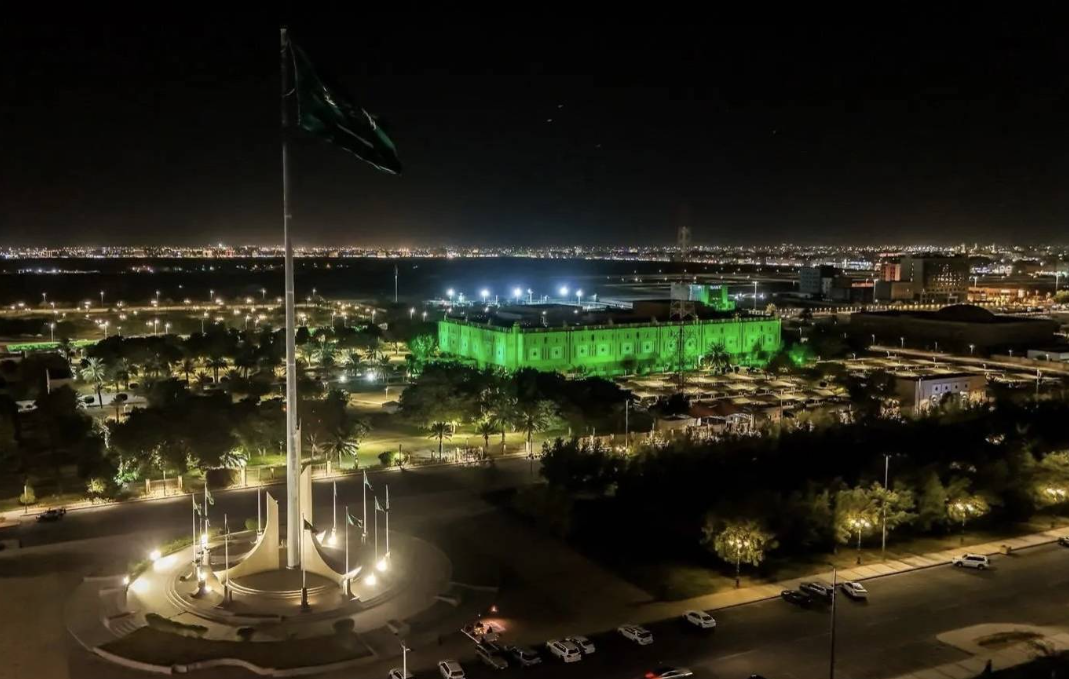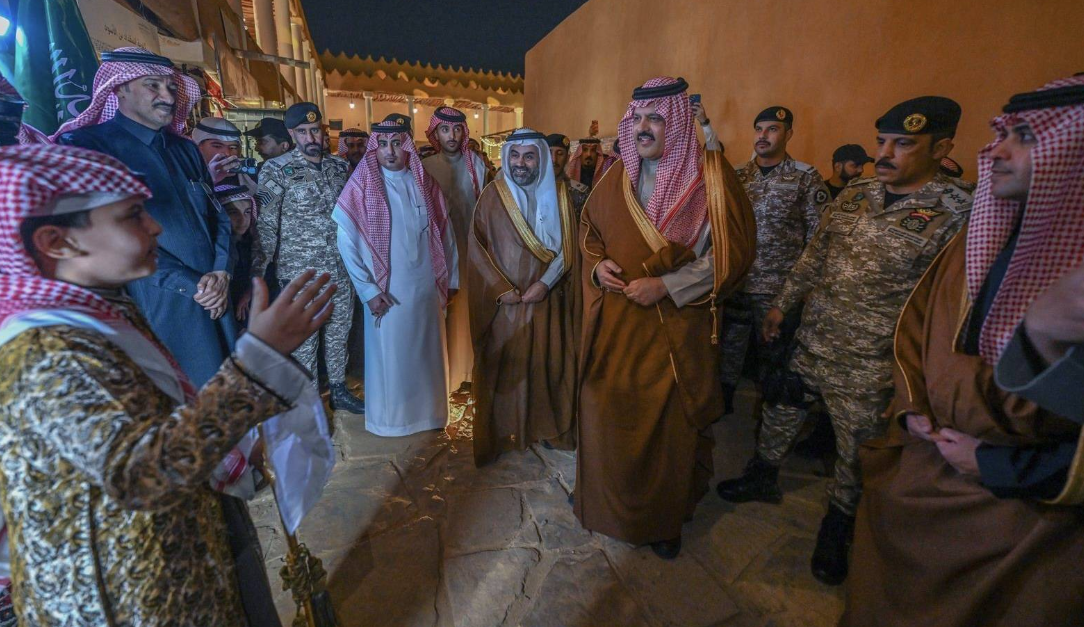Just over one month ago, the top US military commander in Afghanistan declared at a ceremony in Kandahar that a new fleet of 159 Black Hawk helicopters, flown by Afghan pilots, would help create a “tsunami of air power” to turn around the stalemated conflict with Taliban insurgents.
But the UH-60s won’t have an impact for at least several years on an intense war that has already cost at least $700 billion since 2001 — and is showing no signs of letting up.
The versatile, hardy US Army aircraft, each costing more than $7 million to refurbish and deliver, are intended to gradually replace the Afghan fleet of Soviet-era Mi-17 choppers to carry out military cargo drops, troop transport and medical evacuations. But they are already coming late to the game, a drawback aggravated by the slow pace of UH-60 deliveries, the limit of six Afghan pilots in each three-month training course, and the need to keep the Mi-17 choppers in action in the meantime.
President Trump’s new military strategy in Afghanistan has made beefing up the Afghan air force a top priority, and US military officials said the Black Hawk program is being accelerated, amid the press of war and the broader agenda of building a professional air force.
Yet officials of the US air training, advising and assistance mission here said they expect to have only four Afghan flight crews ready for conflict missions by the next spring’s fighting season and 32 teams and Black Hawks ready by spring 2019. The full fleet of 159 choppers will not be in place and manned until 2022, and only 58 will be equipped with attack weapons.
Meanwhile, the Taliban is continuing a relentless campaign of bombings and ground assaults, while numerous other attacks have been claimed by ISIS.
Civilian casualty rates continue to exceed records. In just the past month, more than 250 people have been killed in a wave of violence across the country that targeted mosques, military facilities and transport, and a diplomatic zone and TV station in the capital.
Afghan field commanders have said that more efficient air combat, rescue and resupply support is urgently needed to motivate troops and push back the insurgents. Since 2012, the United States has supplied the Afghan defense forces with 24 smaller MD-530 scouting and attack helicopters, 12 A-29 Tucano fighter-bomber planes and 24 C-208 short-range airlift planes. It has sent Afghan pilots to the United States and other countries to learn how to operate them, then continued their training here. In some cases, though, the pilots were not ready to begin flying combat-zone missions until last year.
“Getting the aircraft is just the head of the snake. That’s the easy part. The hard part to get is the tail of the snake — training pilots and flight crews, doing maintenance and finding parts,” said Col. Darryl Insley, deputy commander of the US air advisory program. With the new Black Hawks, he added, “we are doing mission qualification during combat, and that is very aggressive.”
During two days of classroom training and aerial practice for six future Black Hawk pilots at Kandahar Airfield last week, the students’ motivation and experience were evident. All were seasoned Mi-17 pilots, mostly in their 30s and 40s, and they seemed confident in their ability to transfer their skills to the Black Hawks.
In one class, a US instructor rapidly reviewed a checklist of emergency procedures in English. Most involved multiple technical terms and required instant decisions in the cockpit. The six students, all Afghan air force officers, listened intently. Two sat on either side of an Afghan interpreter, who translated especially complicated phrases in a murmur.
“We know the systems completely now, but we are still inside and practicing,” Capt. Jawad Saqib, 32, said during a class break. “When you are on a mission, you are not flying from airport to airport. You may be flying in dust or fog, at a low altitude or in a confined area, so it is more challenging. We have to memorize a lot of terms and know every possible condition,” Saqib added. “You have to feel the aircraft like it is a part of your body.”
Earlier that morning, four of the trainees took turns at the controls of a UH-60 cockpit, circling over the airfield with an American trainer beside them. It was an ideal flying day, with a light breeze and a cloudless blue sky. One after another, the helicopters descended and approached, hovering in place before touching down, and then taking off for another round.
Three months from now, the six students will be ready to take the controls unaided and head back into war: delivering troops and dropping supplies to battlefield outposts, evacuating the wounded and dead, and, in some cases, firing mounted machine guns to provide defensive air cover.
The Washington Post
















